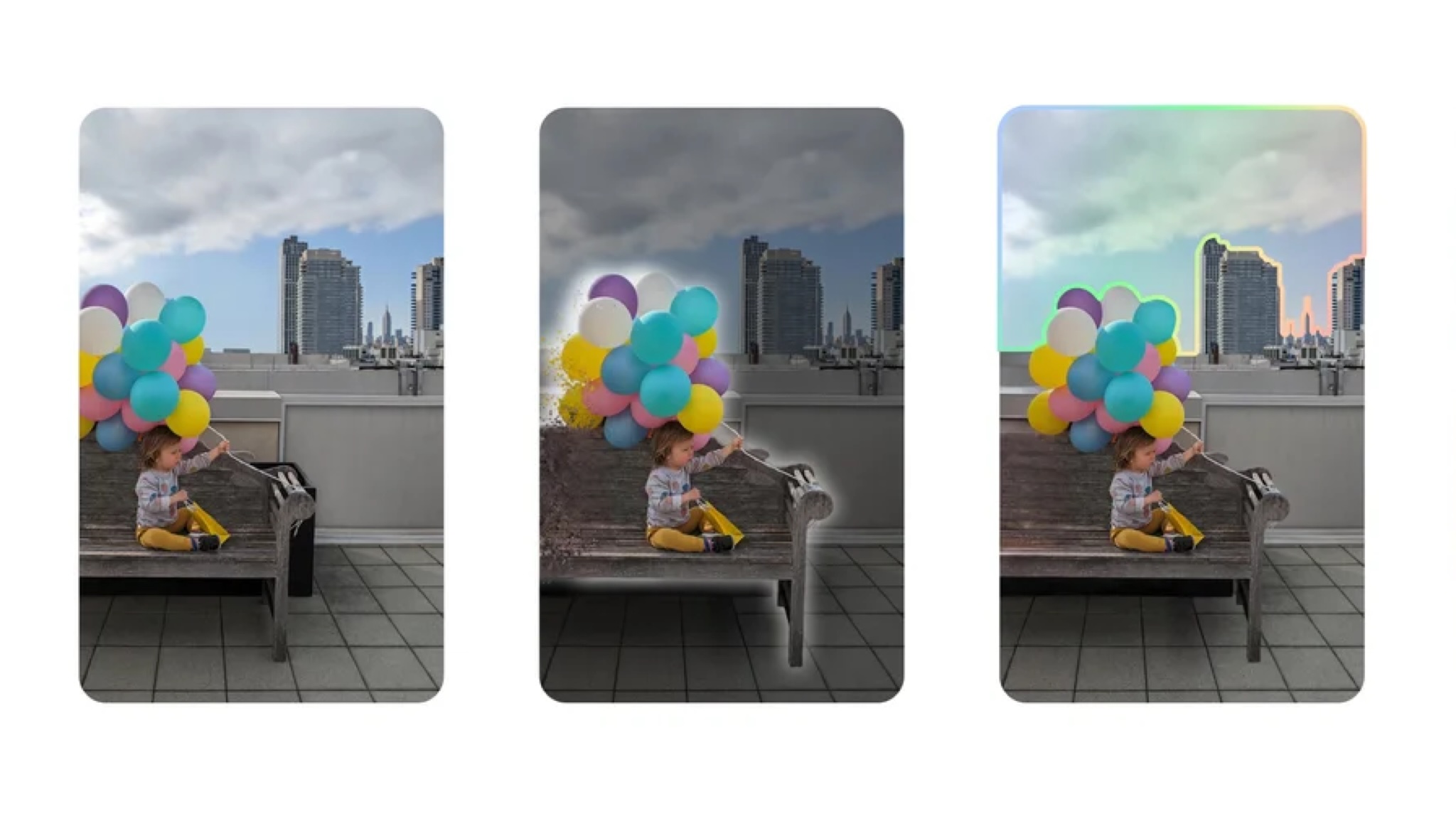With Google Pixel 8 Pro, the camera always lies - and that's scary
Google's new Pixel phone can produce photos of things that never happened and bend the very fabric of reality. No biggie


The new Google Pixel 8 Pro brings a whole host of improvements, which we've described in our Google Pixel 8 Pro vs Pixel 7 Pro guide. Among the most important are the camera improvements, which make use of AI and machine learning like never before. And I think that's quite scary, because with the Pixel Pro 8 you can take photos of things that aren't there and effectively make deepfakes of yourself. The term "the camera never lies" has been looking pretty shaky for years now, and the Pixel Pro 8 could confine it to the dustbin.
You can see the new tech in action in features such as Best Take, which takes multiple shots of a scene and creates a new, better one. The key here is that it doesn't just pick the best of a bunch to find and optimise the best shot. It takes bits from each of them to create a new composite image from all of them.
I can see the appeal: many of my wedding photos are awful, with poorly timed shots making my father-in-law in particular look like he's having some kind of serious medical incident. But it's pretty creepy too. And that's just the beginning.
How the Pixel 8 Pro messes with reality
We're familiar with Magic Eraser, a handy tool that enables you to remove things you don't want – so for example you can remove an accidental photobomb in an otherwise perfect photo. And the new Magic Audio Eraser does the same for your video soundtracks. But the Pixel 8 Pro goes further. Not only can it remove things that are there, but it can create photos of things that never happened.
The feature's called Magic Editor, and while it's still in its infancy the potential is enormous. One of the demos showed a photo of a person throwing a basketball from the ground; Google took them, cut them out and repositioned them so it looked like they were doing a dunk from a flying leap. Clever, undoubtedly. But this is way beyond a little bit of a touch-up. This is changing reality.
For now it looks like this feature is limited to the image you're editing. But what if you could create a realistic photo album showing you in places you've never been, doing things you've never done, capturing moments that never existed? And more worryingly, what if someone else like an estranged ex did it with photos of you?
This tech isn't new, I know. Photoshop does some incredible things with AI, and in the right hands photo editing software is capable of incredible fakery. I assume most of what I see on Instagram is faked or at the very least heavily edited But this, being able to do it on your phone without having to know what you're doing, feels like a shift. And I'm worried about what it's capable of.
Get all the latest news, reviews, deals and buying guides on gorgeous tech, home and active products from the T3 experts
Writer, musician and broadcaster Carrie Marshall has been covering technology since 1998 and is particularly interested in how tech can help us live our best lives. Her CV is a who’s who of magazines, newspapers, websites and radio programmes ranging from T3, Techradar and MacFormat to the BBC, Sunday Post and People’s Friend. Carrie has written more than a dozen books, ghost-wrote two more and co-wrote seven more books and a Radio 2 documentary series; her memoir, Carrie Kills A Man, was shortlisted for the British Book Awards. When she’s not scribbling, Carrie is the singer in Glaswegian rock band Unquiet Mind (unquietmindmusic).
